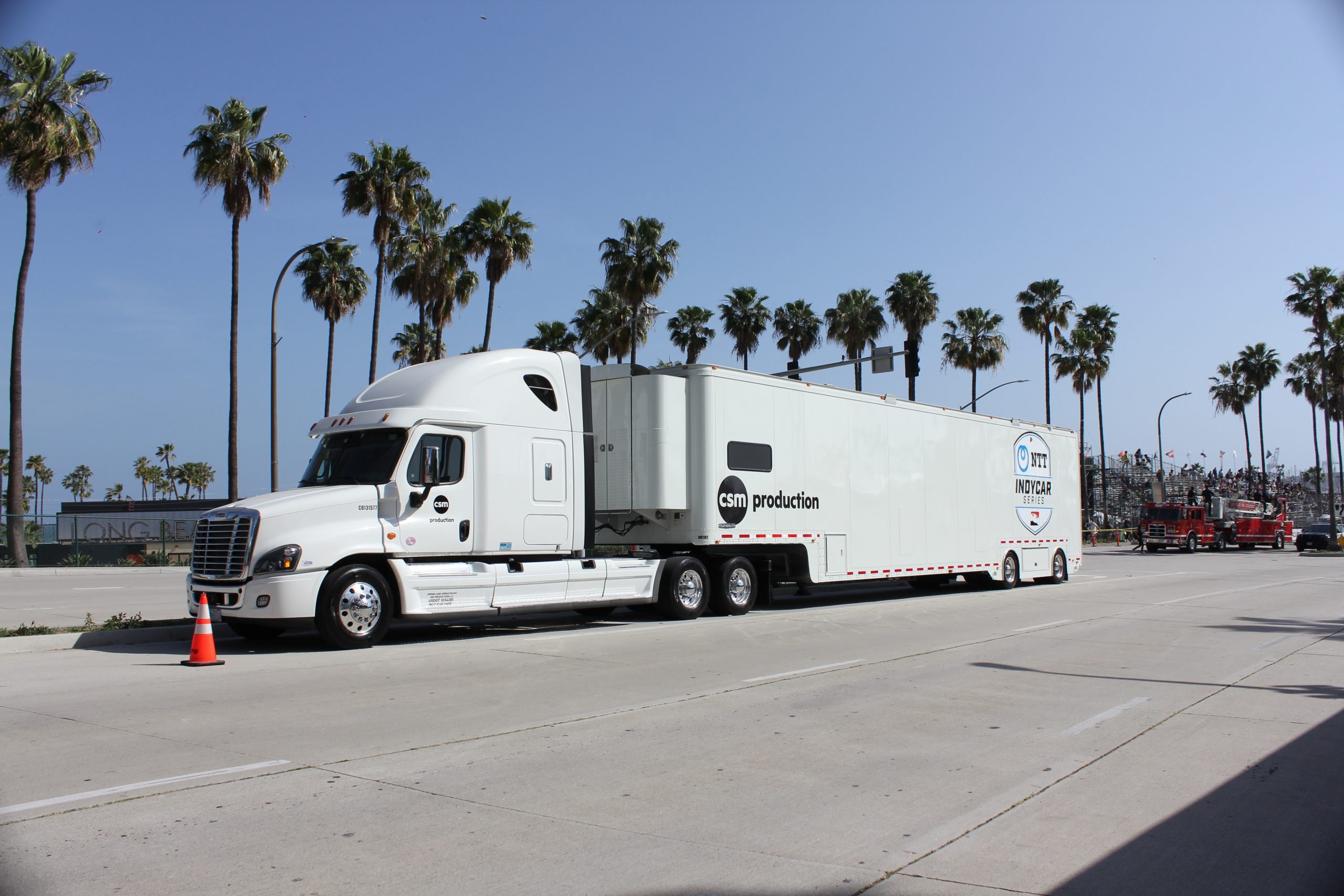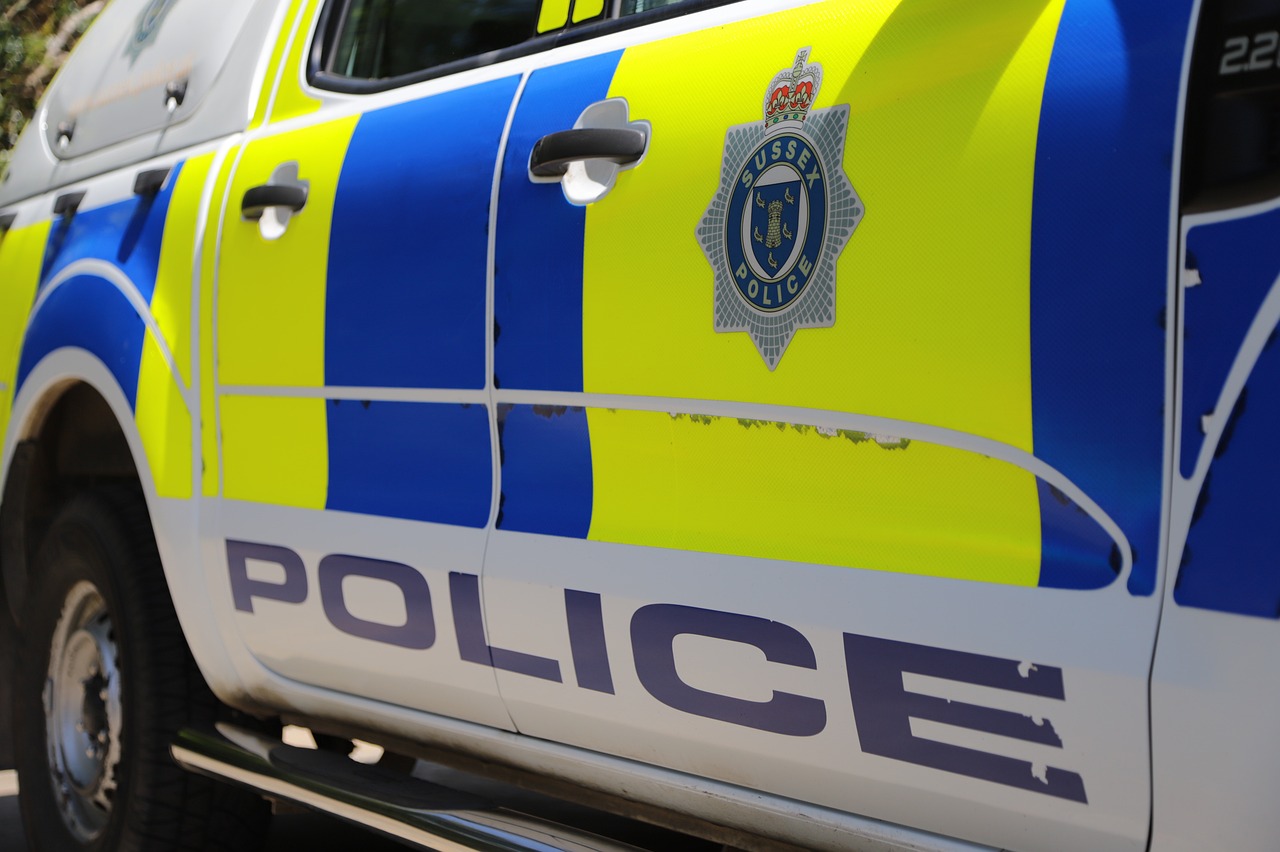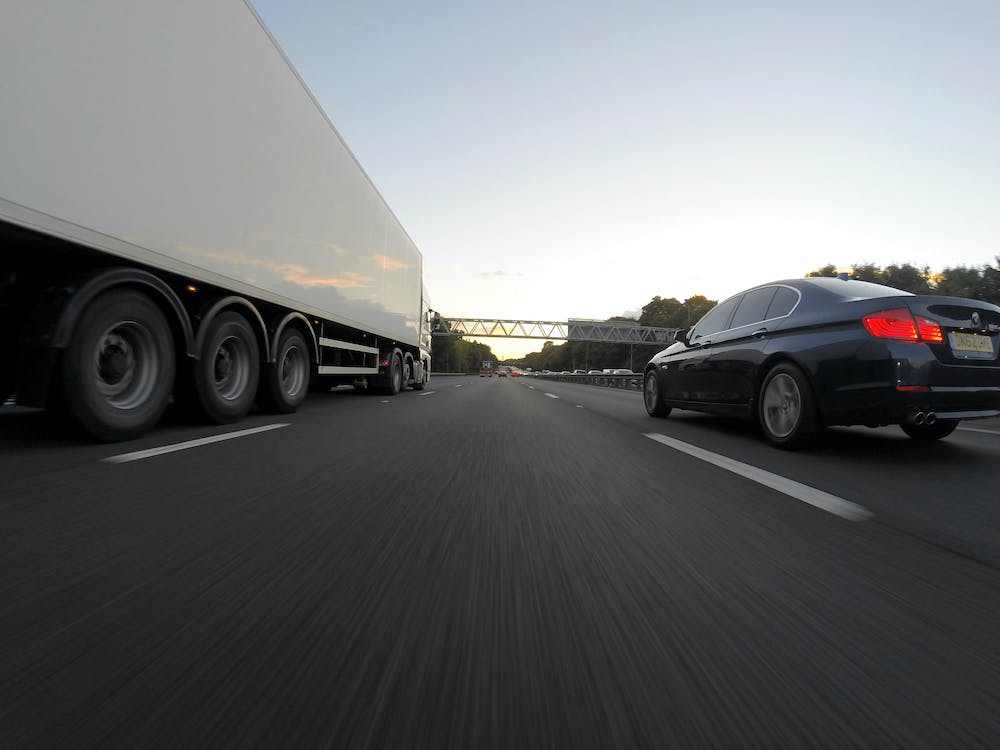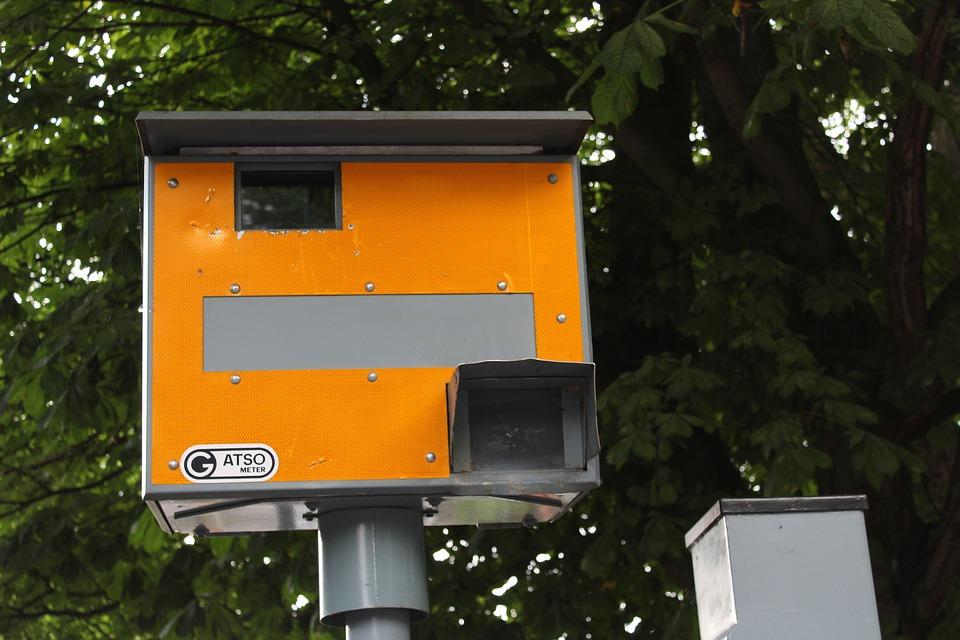Cross-border offences committed by lorry drivers in the UK encompass a range of illegal activities, from drug smuggling to contraband transportation.
Let’s explore the different cross-border offences in the UK, the associated consequences drivers may face and the efforts made to combat these criminal activities.
Understanding the distinct nature of each offence and its potential ramifications is crucial for both drivers and law enforcement agencies involved in cross-border operations.
The following are some cross-border offences lorry drivers in the UK may commit:
Drug Smuggling
Drug smuggling is a serious cross-border offence that poses significant risks to public health and safety. Criminal organizations exploit the transportation industry, discreetly using lorries to transport illicit drugs across national borders.
Law enforcement agencies employ various techniques to detect and intercept these illegal activities.
When a driver is caught committing this cross-border offence in the UK, they face severe legal consequences. If apprehended, they may face criminal charges, imprisonment, substantial fines, and possibly losing their driving license.
Additionally, authorities have the power to seize their vehicles, any cash associated with criminal activity, and other assets used to commission the offence.
Contraband Transportation
Lorry drivers engaged in cross-border offences may transport contraband goods, including counterfeit products, illegal firearms, or restricted items. These activities violate import/export regulations and are subject to stringent penalties.
Lorry drivers caught transporting contraband goods can face criminal charges, imprisonment, fines, and potential license revocation.
The confiscation of their vehicles and associated assets is also a possibility. The authorities prioritize preventing and detecting contraband transportation to safeguard public safety and economic interests.
Human Trafficking
Human trafficking, a grave cross-border offence, involves the unlawful transportation of individuals across borders for exploitation. Lorry drivers may be unwittingly or knowingly involved in this heinous crime, transporting victims under coercive or deceptive circumstances.
Lorry drivers involved in human trafficking can face severe legal consequences. If convicted, they may receive lengthy prison sentences, significant fines, and the potential revocation of their driving license. Authorities have the power to seize their vehicles and assets linked to criminal activity.
Additionally, civil penalties may be imposed to deter future occurrences.
Smuggling of Contraband Substances
Besides drugs, lorry drivers may smuggle contraband substances such as illegal tobacco, alcohol, or endangered wildlife products. These activities violate import/export regulations and attract strict penalties.
If a Lorry driver is caught smuggling contraband substances, they may have to face criminal charges, imprisonment, fines, potential license revocation, and the confiscation of their vehicles and associated assets.
The authorities work diligently to detect and prevent the smuggling of such substances to protect public health, prevent revenue loss, and preserve environmental balance.
The Final World
Cross-border offences in the UK encompass various illegal activities, including drug smuggling, contraband transportation, and human trafficking.
Lorry drivers involved in these offences face severe legal consequences, including criminal charges, imprisonment, fines, license revocation, and confiscation of their vehicles and associated assets.
Both drivers and law enforcement agencies must be aware of these offences and work collectively to combat them effectively, ensuring public safety and upholding the law.











